Home>diy>Building & Construction>What Does A Construction Technician Do
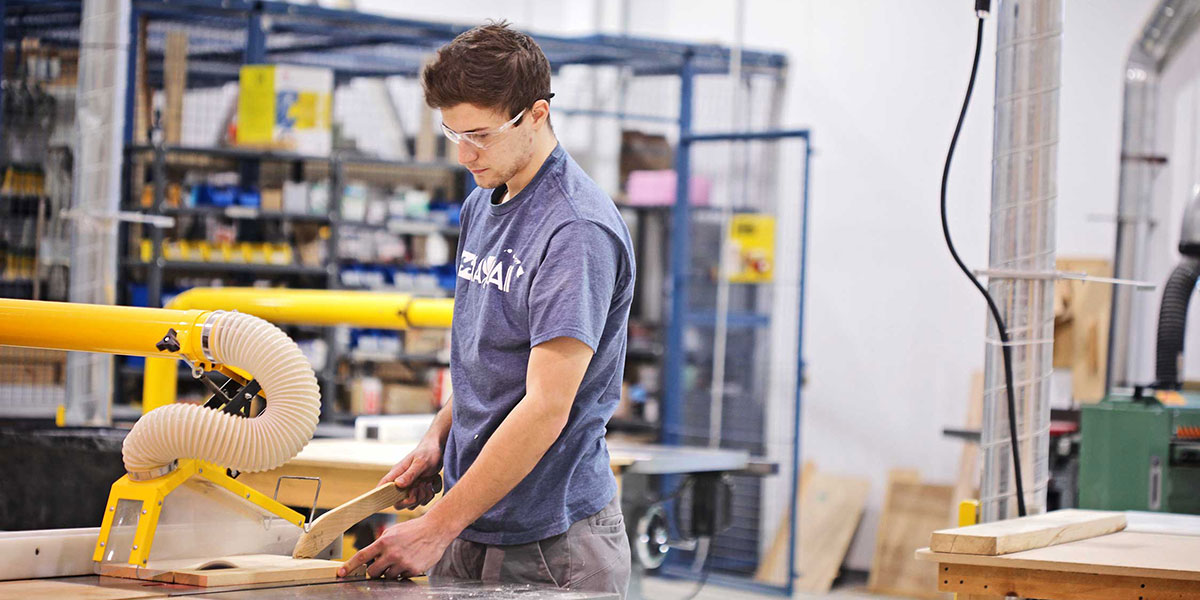

Building & Construction
What Does A Construction Technician Do
Modified: October 20, 2024
Discover the role of a construction technician in the building construction industry. Learn about their responsibilities, skills, and the importance of their contributions.
(Many of the links in this article redirect to a specific reviewed product. Your purchase of these products through affiliate links helps to generate commission for Storables.com, at no extra cost. Learn more)
Introduction
Construction technicians play a crucial role in the building and construction industry. They are skilled professionals who contribute to various stages of a construction project, from the initial planning to the final execution. These individuals possess a deep understanding of construction techniques, materials, and safety regulations, making them an invaluable asset to any construction team.
Construction technicians are responsible for executing tasks that ensure the successful completion of a construction project. They work closely with architects, engineers, and construction managers to bring the project to life. Their expertise lies in translating design plans into practical realities, overseeing the construction process, and ensuring that projects adhere to safety standards and regulatory requirements.
With a keen eye for detail and the ability to solve problems on the go, construction technicians are key players in assuring the quality and timely completion of construction projects. Their role requires a combination of technical skills, physical endurance, and effective communication to coordinate with various stakeholders.
In this article, we will delve deeper into the job description, duties, required qualifications, and career outlook for construction technicians. If you’re interested in pursuing a career in the construction industry, understanding what construction technicians do is a valuable first step.
Key Takeaways:
- Construction technicians are indispensable in ensuring the smooth execution of construction projects, from interpreting plans to enforcing safety regulations, making them vital assets to any construction team.
- The career outlook for construction technicians is promising, with a growing demand for skilled professionals driven by maintenance needs, new construction projects, and advancements in sustainable construction practices.
Read more: What Does An HVAC Technician Do
Job Description
The job of a construction technician involves a wide range of responsibilities related to construction projects. They are involved in both residential and commercial building projects, working alongside architects and engineers to ensure that construction processes run smoothly. Construction technicians play a crucial role in maintaining quality and safety standards throughout the construction process.
One of the primary tasks of a construction technician is to read and interpret construction drawings, blueprints, and specifications. This involves understanding and deciphering technical information, such as dimensions, measurements, and construction methods. Construction technicians work closely with architects and engineers to translate these plans into actionable steps for the construction team.
Once the construction project is underway, construction technicians oversee the implementation of plans. They monitor the progress of construction activities, ensuring that work is carried out according to the project schedule and specifications. This involves conducting regular inspections, quality control checks, and identifying and resolving any issues that may arise during the construction process.
Construction technicians are also responsible for coordinating and managing the various trades involved in the project. They collaborate with subcontractors, suppliers, and laborers to ensure that work is carried out efficiently and in compliance with safety regulations. They may also be involved in procurement activities, such as ordering materials and supplies needed for the construction project.
Additionally, construction technicians play a crucial role in ensuring safety on the construction site. They enforce safety regulations, conduct safety inspections, and ensure that all workers are equipped with the necessary personal protective equipment. They also participate in safety meetings and provide recommendations for improving safety practices.
Communication and teamwork are essential skills for construction technicians. They collaborate with architects, engineers, construction managers, and other team members to ensure clear communication and coordination on the project. They provide regular updates on project progress, identify any challenges or bottlenecks, and work together to find solutions.
Overall, construction technicians are integral to the successful execution of construction projects. Their technical expertise, attention to detail, and ability to problem-solve contribute to the smooth and efficient completion of construction projects, enabling the realization of architectural and engineering designs into physical structures.
Duties and Responsibilities
Construction technicians have a wide range of duties and responsibilities that contribute to the successful completion of construction projects. Their role is multifaceted and requires a combination of technical skills, organizational abilities, and effective communication. Here are some of the key duties and responsibilities of a construction technician:
- Interpreting construction drawings and specifications: Construction technicians must have the ability to read and understand construction drawings and specifications. They analyze the information provided and translate it into actionable steps for the construction team.
- Coordinating construction activities: Construction technicians play a vital role in coordinating construction activities. They collaborate with architects, engineers, subcontractors, and suppliers to ensure that tasks are carried out efficiently and in accordance with the project schedule.
- Ensuring compliance with safety regulations: Safety is of paramount importance in the construction industry. Construction technicians enforce safety regulations and ensure that all workers and construction activities comply with safety standards. They conduct inspections and implement necessary safety measures.
- Quality control: Construction technicians monitor the quality of construction work and materials. They conduct regular inspections to ensure that craftsmanship meets the required standards and identify any potential issues that may affect the overall quality of the project.
- Managing construction documentation: Construction projects involve a significant amount of documentation. Construction technicians are responsible for managing and maintaining construction records, including drawings, permits, inspection reports, and change orders.
- Problem-solving: Construction projects often encounter unexpected challenges and issues. Construction technicians are skilled problem solvers who identify and resolve construction-related problems effectively and efficiently to ensure project success.
- Coordinating with subcontractors and suppliers: Construction technicians liaise with subcontractors and suppliers to ensure timely delivery of materials and equipment. They coordinate schedules, manage budgets, and optimize resource allocation to maintain project progress.
- Communicating and collaborating: Effective communication and collaboration are key skills for construction technicians. They communicate project updates, progress, and challenges to stakeholders, facilitating clear and efficient coordination among team members.
These duties and responsibilities highlight the critical role that construction technicians play in the execution of construction projects. Their expertise and contributions are essential for the successful completion of projects, ensuring quality, efficiency, and adherence to safety standards.
Required Skills and Qualifications
Being a construction technician requires a combination of technical skills, knowledge, and personal qualities. While specific requirements may vary depending on the employer and the nature of the construction project, there are some common skills and qualifications that are generally sought after. Here are the skills and qualifications typically required for a career as a construction technician:
- Technical knowledge: A construction technician needs a solid understanding of construction techniques, materials, and processes. This includes knowledge of construction codes and regulations, as well as the ability to read and interpret construction drawings, blueprints, and specifications.
- Attention to detail: Construction projects involve intricate details that must be followed precisely. A construction technician must have excellent attention to detail to ensure that construction activities are carried out accurately and according to the project plans.
- Problem-solving: Construction projects often encounter unforeseen challenges or issues. A construction technician must possess strong problem-solving skills to quickly identify and effectively resolve these issues, minimizing delays and ensuring project success.
- Communication skills: Effective communication is crucial in the construction industry. A construction technician must be able to communicate clearly and professionally with team members, subcontractors, suppliers, and other stakeholders. This includes written, verbal, and interpersonal communication skills.
- Time management: Construction projects have strict schedules and deadlines. A construction technician must be able to manage time effectively, prioritize tasks, and ensure that work is completed within the specified timeframes.
- Physical stamina: The construction industry involves physically demanding tasks, such as lifting heavy materials and working in challenging environments. A construction technician should have the physical stamina and strength to perform these duties safely and effectively.
- Teamwork: Construction projects are collaborative efforts that require effective teamwork. A construction technician needs to work well with others, take direction, and contribute to a positive and productive team environment.
- Attention to safety: Safety is paramount in the construction industry. A construction technician must have a strong commitment to safety and adhere to safety regulations and protocols to ensure a safe working environment for themselves and others.
While formal education is not always required, most employers prefer candidates with a high school diploma or equivalent. Additionally, completing a vocational program or obtaining certification in construction technology or a related field can provide a competitive edge and enhance job prospects.
It’s important for construction technicians to stay updated on industry trends and advancements. Continuing education, attending workshops, and participating in professional development opportunities can help improve skills and advance in the field.
Overall, a successful construction technician possesses a combination of technical expertise, strong interpersonal skills, and a commitment to safety and quality in the construction industry.
A construction technician is responsible for assisting with the planning, coordination, and execution of construction projects. They may be involved in tasks such as site surveys, quality control, and project documentation.
Education and Training
Education and training requirements for construction technicians can vary depending on the employer, the specific role, and the complexity of the construction projects. While formal education is not always a strict requirement, having a foundation of knowledge in construction-related fields can greatly enhance career prospects. Here are some common education and training paths for construction technicians:
- High school diploma: Most construction technician positions require candidates to have at least a high school diploma or equivalent. This level of education provides a solid foundation in basic subjects such as mathematics, English, and science, which are applicable to the construction industry.
- Vocational training: Many vocational schools and community colleges offer specialized certificate or diploma programs in construction technology or related fields. These programs typically cover topics such as blueprint reading, construction materials, construction methods, and safety regulations. Vocational training can expand knowledge and provide practical skills that are directly applicable to construction technician roles.
- Apprenticeships: Apprenticeships are a valuable pathway for individuals looking to enter the construction industry. Through an apprenticeship program, aspiring construction technicians can receive hands-on training and guidance from experienced professionals. Apprenticeships typically combine on-the-job training with classroom instruction, allowing individuals to gain practical skills while earning a salary.
- Certifications: Although not always required, certifications can demonstrate competency and expertise in specific areas of construction. For example, the Construction Specifications Institute (CSI) offers the Construction Documents Technologist (CDT) certification, which focuses on construction documentation and processes. Other organizations, such as the Occupational Safety and Health Administration (OSHA), offer certifications related to construction safety. Obtaining relevant certifications can help boost credibility and open up additional career opportunities.
- Continuing education: The construction industry is dynamic, with new technologies, techniques, and regulations constantly emerging. Continuing education is highly encouraged for construction technicians to stay updated on industry trends and advancements. This can include attending workshops, seminars, and conferences, as well as participating in online courses or webinars.
- On-the-job training: Many construction technicians receive significant on-the-job training while working alongside experienced professionals. This hands-on training allows individuals to learn and refine their skills in real-world construction scenarios, gaining practical knowledge and expertise.
While formal education and training are important, practical experience and a strong work ethic are equally valued in the construction industry. Employers often value individuals who are willing to learn on the job, take initiative, and continually improve their skills. By combining education, training, and experience, construction technicians can build a solid foundation for a successful career in the industry.
Read more: What Does A Home Maintenance Technician Do
Career Outlook
The career outlook for construction technicians is promising, as the demand for skilled professionals in the construction industry continues to grow. The construction sector plays a vital role in the economy, and as infrastructure needs increase and new construction projects emerge, the demand for construction technicians is expected to remain strong.
One of the factors contributing to the positive career outlook is the ongoing need for maintenance, repair, and renovation of existing structures. As buildings and infrastructure age, there is a constant need for construction technicians to handle maintenance tasks, ensure compliance with safety regulations, and perform necessary repairs. This creates a steady stream of job opportunities in the field.
In addition, new construction projects continue to drive the demand for construction technicians. Residential and commercial construction projects, including the construction of new homes, office buildings, hospitals, schools, and other facilities, require the expertise of construction technicians. These projects create job opportunities at various skill levels, from entry-level positions to more advanced roles with specialized knowledge.
The emphasis on sustainable and energy-efficient construction practices also contributes to the career outlook for construction technicians. As green building practices become more prevalent, construction technicians who have expertise in sustainable construction methods and technologies will be in high demand.
Another factor affecting the career outlook is the retirement of experienced construction technicians and the need for skilled replacements. Many construction technicians belong to the baby boomer generation and are reaching retirement age, creating a skills gap in the industry. This presents opportunities for new and aspiring construction technicians to enter the field and advance their careers.
Furthermore, advancements in technology are transforming the construction industry, and construction technicians who can adapt to these changes will have an advantage in the job market. Knowledge of building information modeling (BIM), construction management software, and other technological tools is becoming increasingly important for construction technicians to stay competitive.
Overall, the career outlook for construction technicians is promising, with a steady demand for skilled professionals in the construction industry. By keeping up with industry trends, expanding their skill sets, and embracing new technologies, construction technicians can position themselves for long-term success and advancement in their careers.
Conclusion
Construction technicians are essential players in the building and construction industry, contributing to the successful completion of construction projects. Their expertise in construction techniques, materials, and safety regulations makes them invaluable assets to construction teams. From interpreting construction drawings to coordinating construction activities and ensuring compliance with safety standards, construction technicians play a vital role at every stage of a construction project.
The job of a construction technician requires a diverse set of skills, including technical knowledge, attention to detail, problem-solving abilities, and effective communication. They must possess the ability to read and interpret construction plans, coordinate with various stakeholders, enforce safety regulations, and manage construction activities with precision.
Education and training play crucial roles in preparing individuals for a career as a construction technician. While formal education is not always required, vocational training, apprenticeships, certifications, and continuing education opportunities can greatly enhance job prospects and provide essential skills and knowledge in the field. Practical on-the-job experience is also invaluable for developing expertise and refining skills.
The career outlook for construction technicians is promising, with a growing demand for skilled professionals in the industry. The need for maintenance, repairs, and renovations, combined with new construction projects and the retirement of experienced construction technicians, creates a steady stream of job opportunities. Advancements in technology and the emphasis on sustainable construction practices also contribute to the positive career outlook for construction technicians.
In conclusion, construction technicians play a vital role in the building and construction industry. Their technical expertise, problem-solving abilities, and attention to detail contribute to the successful completion of construction projects. By acquiring the necessary skills and qualifications, staying updated on industry trends, and embracing new technologies, aspiring construction technicians can build rewarding and fulfilling careers in this dynamic field.
Frequently Asked Questions about What Does A Construction Technician Do
Was this page helpful?
At Storables.com, we guarantee accurate and reliable information. Our content, validated by Expert Board Contributors, is crafted following stringent Editorial Policies. We're committed to providing you with well-researched, expert-backed insights for all your informational needs.
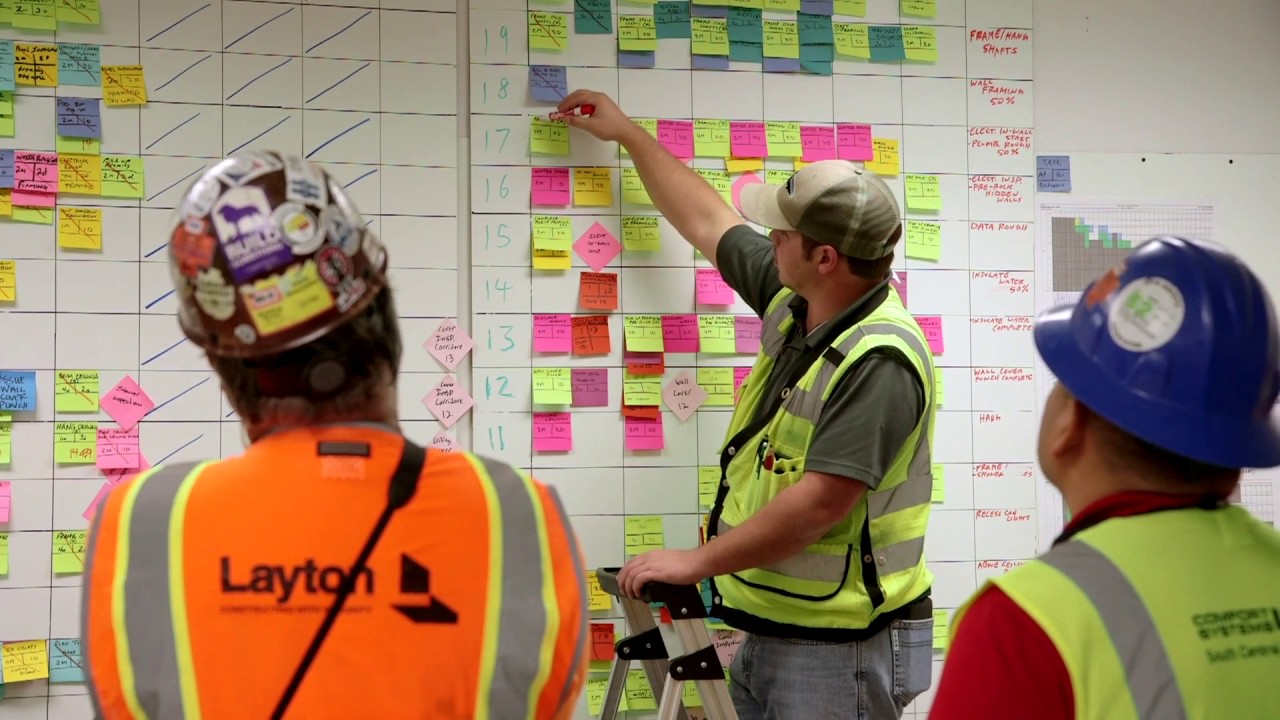
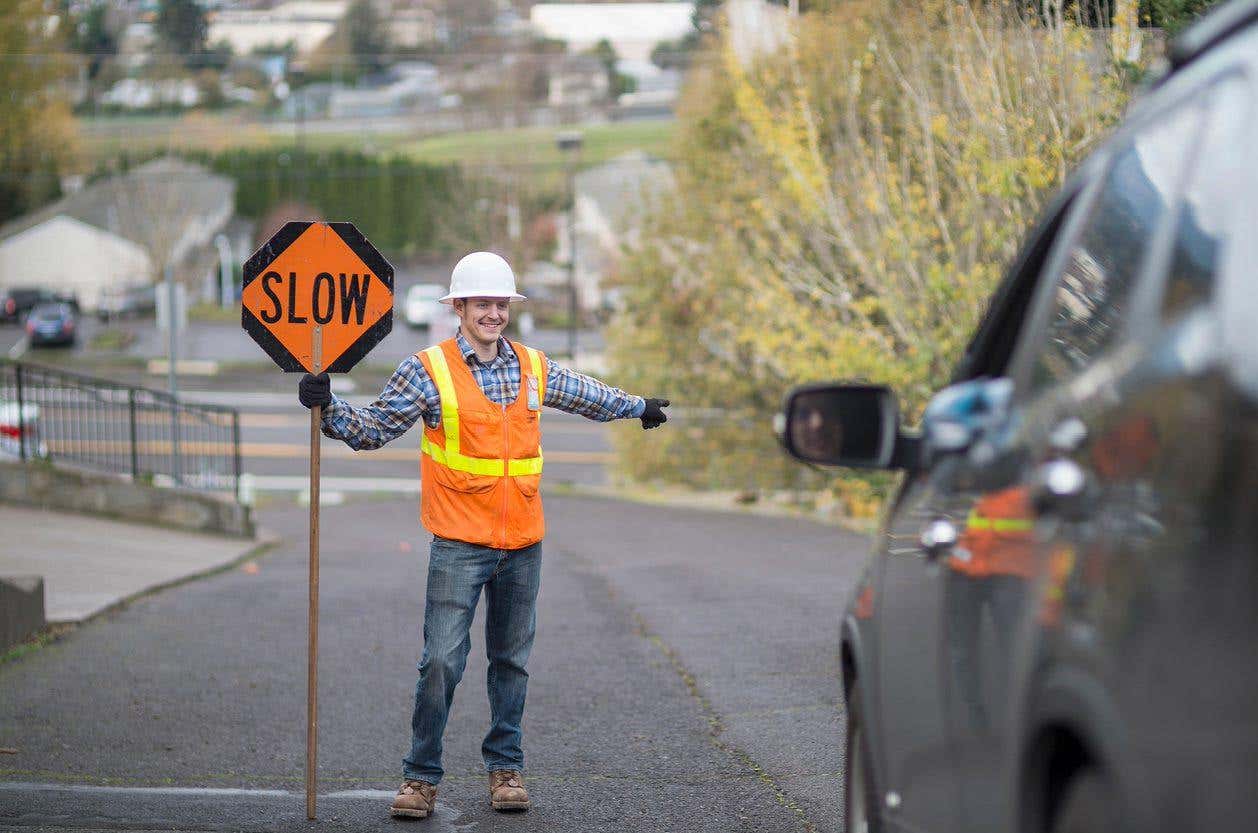

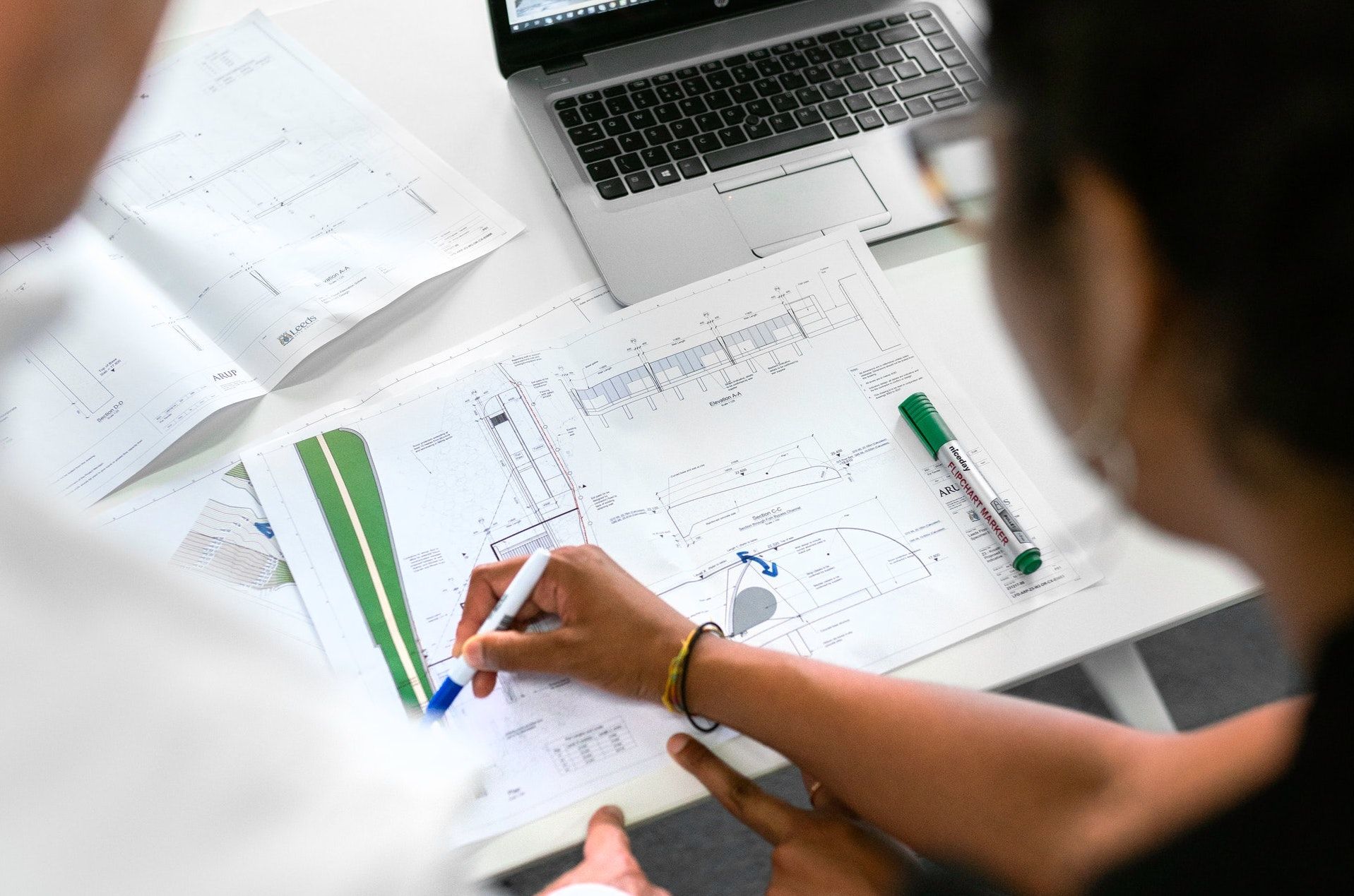

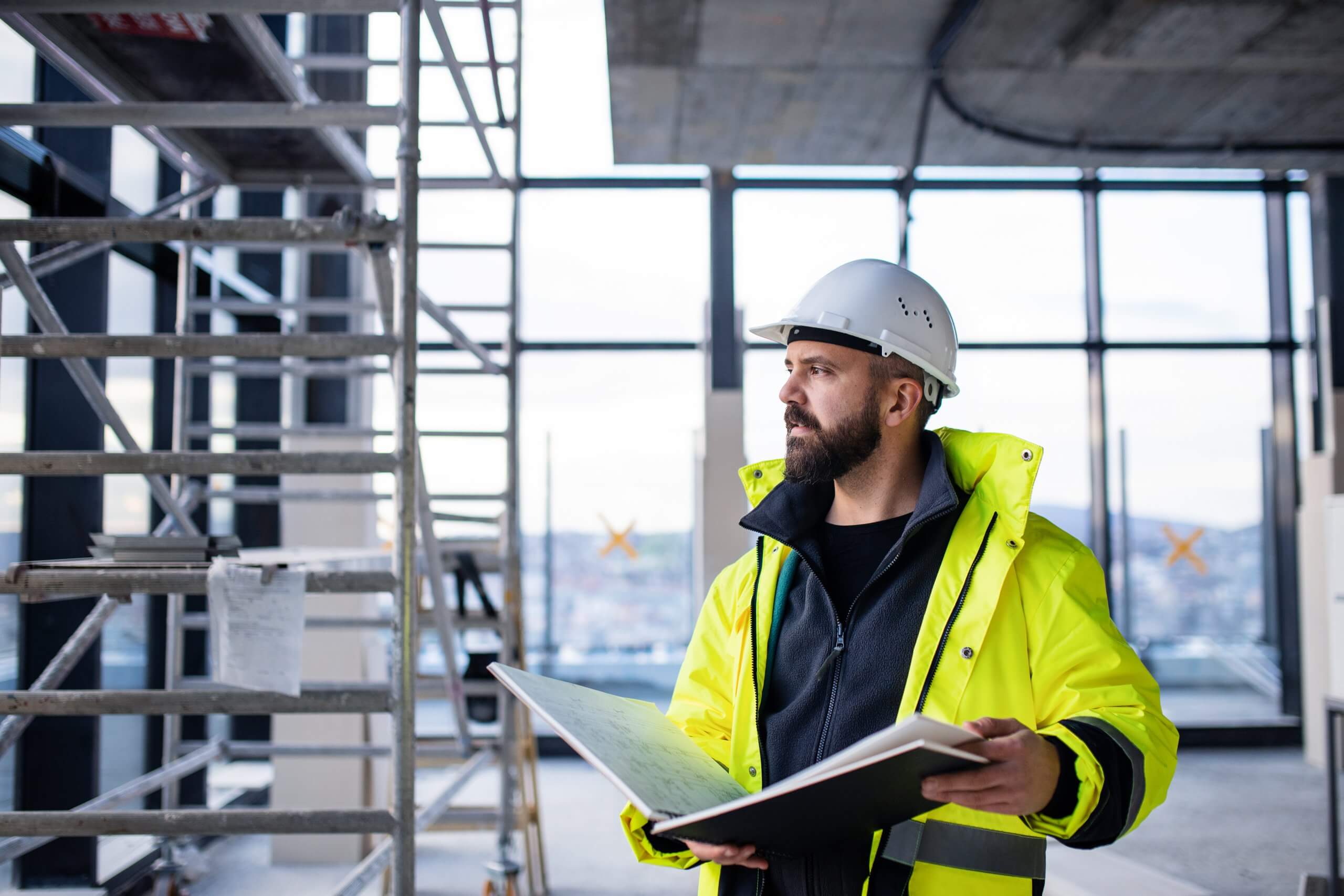

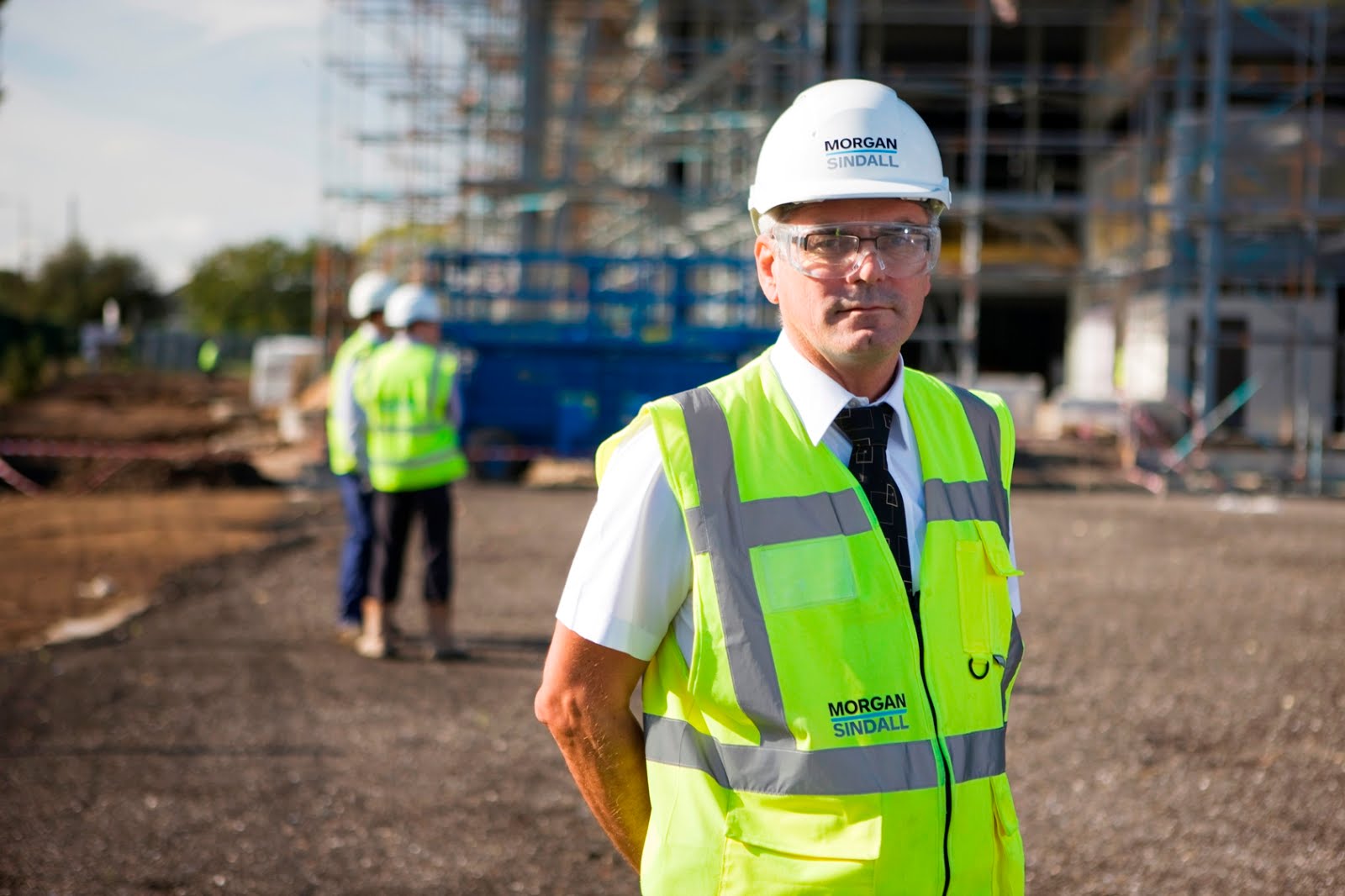
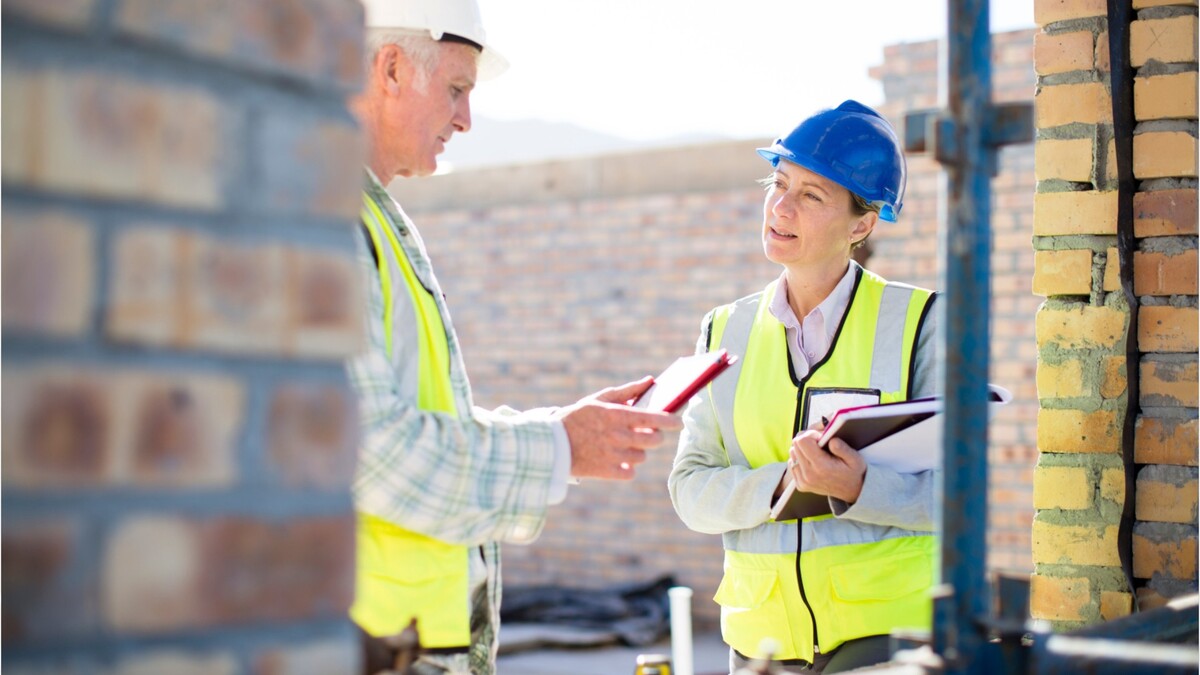
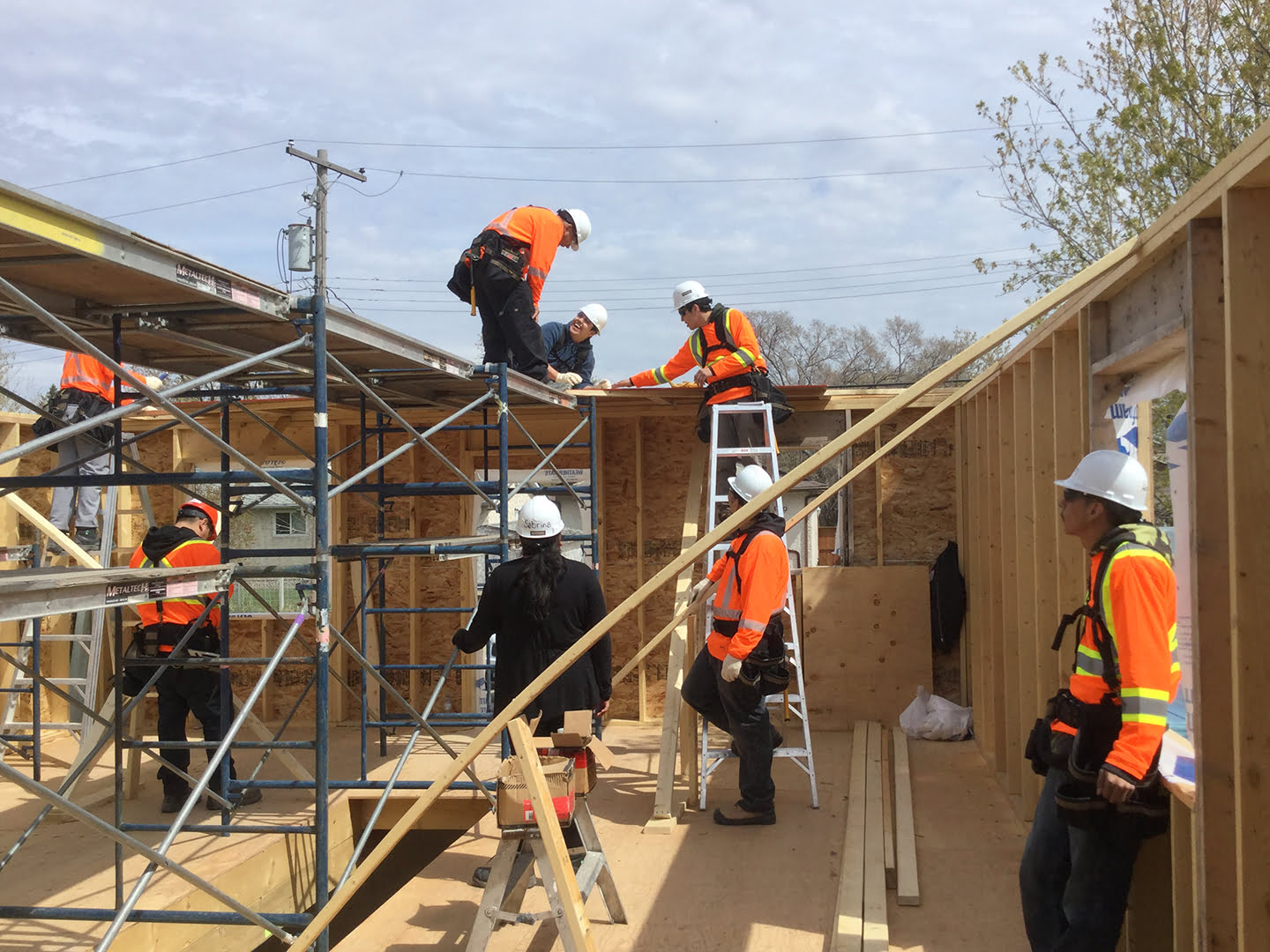


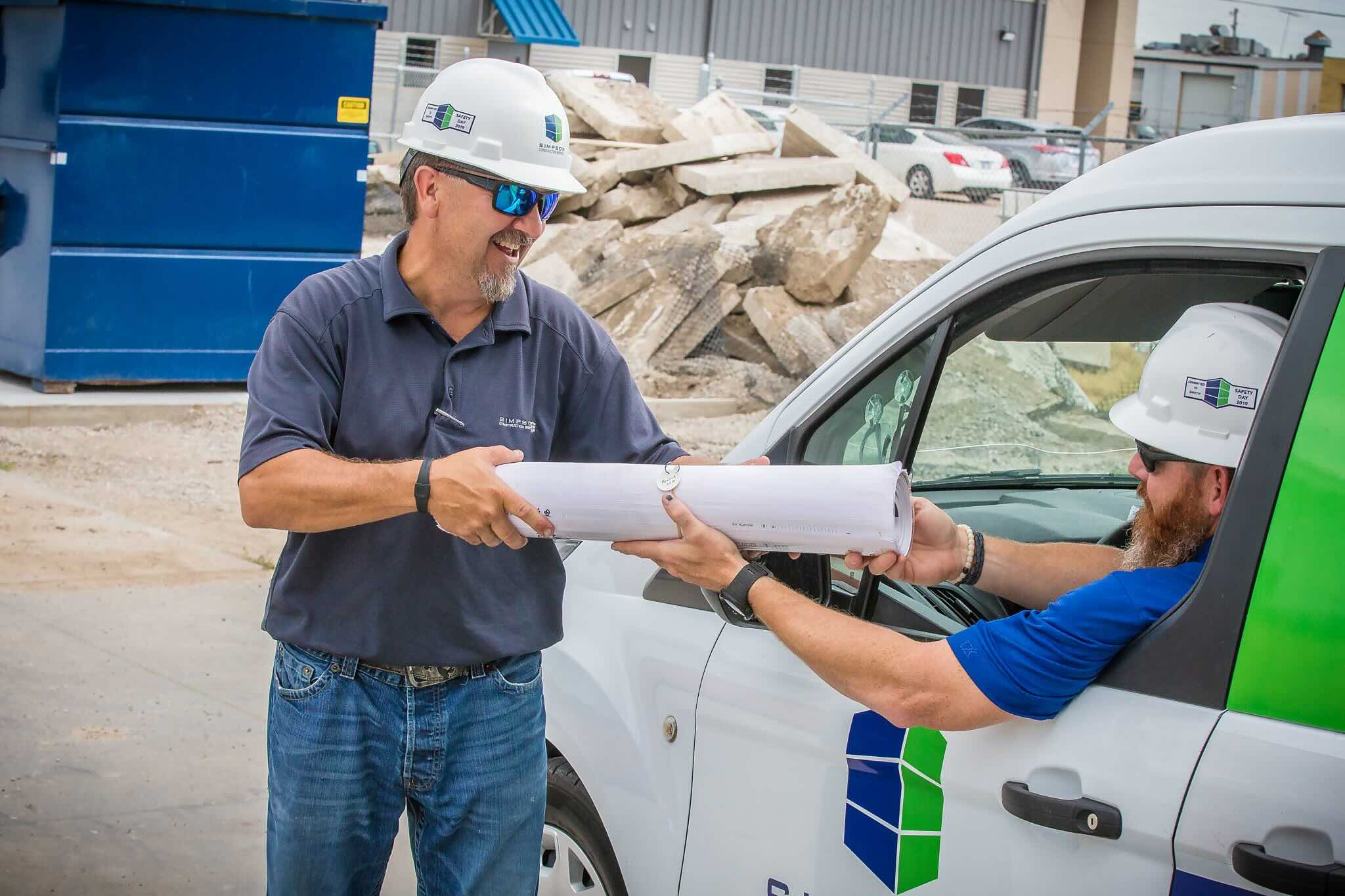


0 thoughts on “What Does A Construction Technician Do”